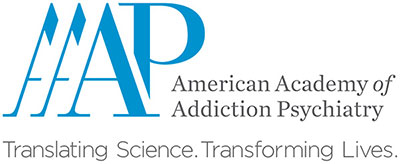1.5 AMA PRA Category 1 Credits™
Since the 1980s, cognitive psychology has increasingly become embodied from a variety of standpoints. This talk will show how the results of embodied cognition and spontaneous thought “demystify” many of the attributes Jung described in his archetype theory, making archetype theory not only more comprehensible but clinically applicable in addictions and other emotional challenges. Combining approaches suggests new avenues of inquiry for experimental research and enriches the psychoanalytic perspective.
Learning Objectives:
- List the characteristics of spontaneous thought, as discovered by neuroscience and clinical presentation.
- Identify the subset of spontaneous images that qualify as “archetypal” using clearly defined criteria.
- Correctly interpret spontaneous images and narratives as innate embodied metaphors of one’s current emotional state using clearly defined associations.

Funding for this initiative was made possible by cooperative agreement no. 1H79TI086770 from SAMHSA. The views expressed in written conference materials or publications and by speakers and moderators do not necessarily reflect the official policies of the Department of Health and Human Services; nor does mention of trade names, commercial practices, or organizations imply endorsement by the U.S. Government.
The Addiction Psychiatry Advanced Psychotherapy Curriculum on-demand sessions, developed by the American Academy of Addiction Psychiatry (AAAP) in collaboration with Oregon Health and Science University (OHSU) and NYU School of Medicine, are a great way to keep up to date with best practices in patient management on your own schedule.
Course directors for this program are Christopher Blazes, MD, Associate Professor of Psychiatry at OHSU, and David Stiffler, MD, Associate Professor of Psychiatry at NYU.
You can access recordings of past events and registration for live webinars here. We’ll also send out emails to remind you.
